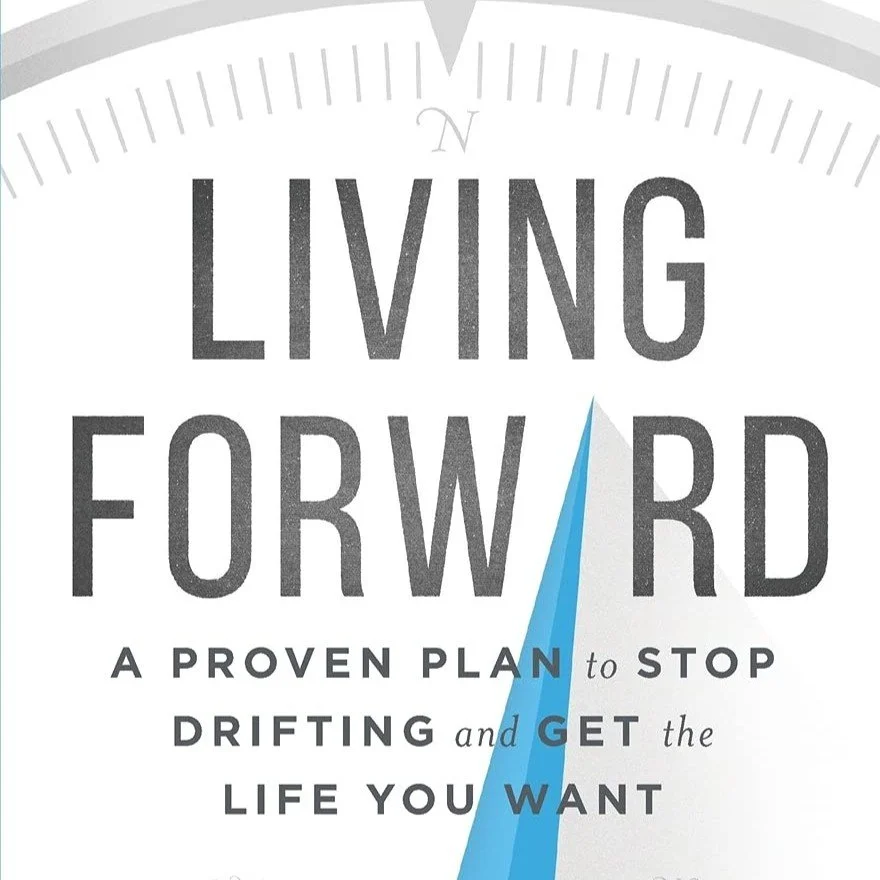For many separating couples, their home is their most important asset. That’s why seeking the advice of a mortgage professional very early in the process can help set the stage for a successful separation – so the two of you can each make the best possible start on a new path.
Read More









